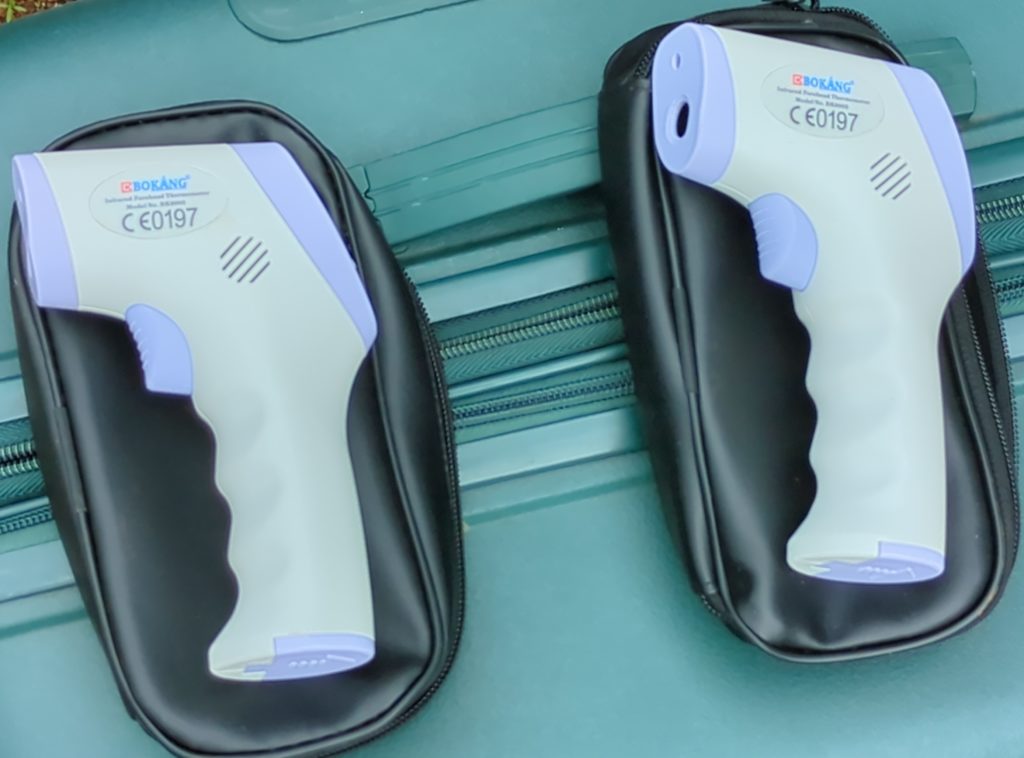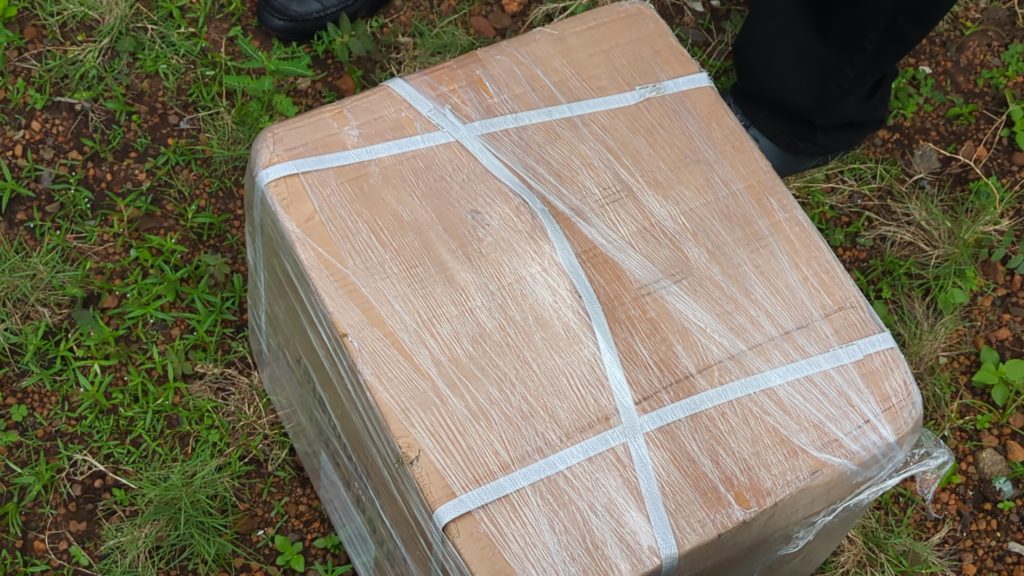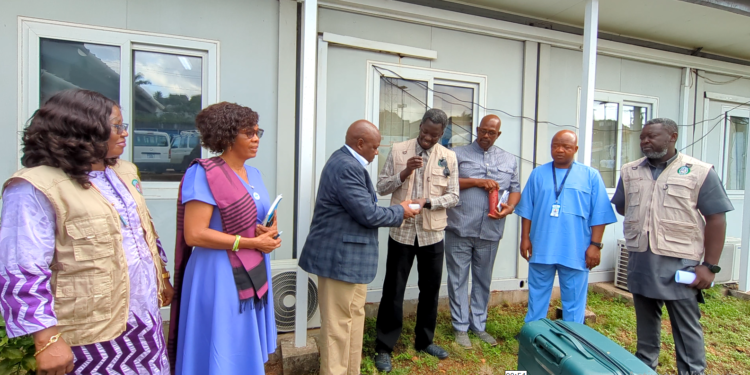By Kemo Cham

The West African Health Organization (WHO), through its Regional Center for Surveilance and Disease Control (RCSDC), has boosted Sierra Leone’s Mpox response efforts with donation of a consignment of 150 infrared thermostats.
The infrared thermostat is used for screening of individuals for elevated body temperature as part of efforts to detect fever, which is a key symptom of Mpox and other viral infections.
Representatives from the ECOWAS Regional Center for Surveilance and Disease Control (ECOWAS – RCSDC) presented the donated materials to the National Public Health Agency (NPHA) on Monday, June 23.
Dr Babacar Fall, Health Communication Officer at the ECOWAS – RCSDC, handed over the consignment to Prof. Foday Sahr, Executive Director of the NPHA at an event at the Emergency Operations Center (EOC) of the Ministry of Health at Cockerill in Freetown.

WAHO is the specialized agency of ECOWAS charged with the responsibility of safeguarding the health of the peoples of the member states. And it seeks to achieve this through, among others, harmonisation of policies of the Member States, pooling of resources, and cooperation with one another for a collective and strategic combat against the health problems of the sub-region.
Dr Fall, who heads the Risk Communication pillar at ECOWA–RCSDC, said the donation of the thermostats is part of ongoing support to Sierra Leone as part of the sub regional organization’s contribution to breaking the chain of transmission in the country and the sub region at large.
“We hope that this will facilitate early detection an effective intervention,” Fall said while handing over the consignment.
Sierra Leone has been battling the spread of Mpox as it leads the trend of infections on the continent in the last two months.
The NPHA has intensified efforts with the supports from its partners, including WHO, Africa CDC and WAHO. These efforts have resulted in marked reduction in cases of the virus, latest data from the NPHA shows.
Prof. Sahr said WAHO is one of the trusted partners of his agency and the Ministry of Health in their efforts to break the chain of transmission of the virus in the country, noting that not only is the ECOWAS agency providing support, but that it does so while walking with the country side-by-side.
“Some partners come (and) they just do what they have to do and they move out. But you are accompanying us through this journey,” he said.
“We are very grateful for this particular donation and we say thank you for supporting the risk communication, just as you are supporting the other pillars, and we look forward for your continued collaboration,” the NPHA boss added.
The donation is the latest support from ECOWAS through its specialised agencies – WAHO and RCSDC – to Sierra Leone’s Mpox response. It has provided support through laboratory capacity building, surveillance and risk communication.






















